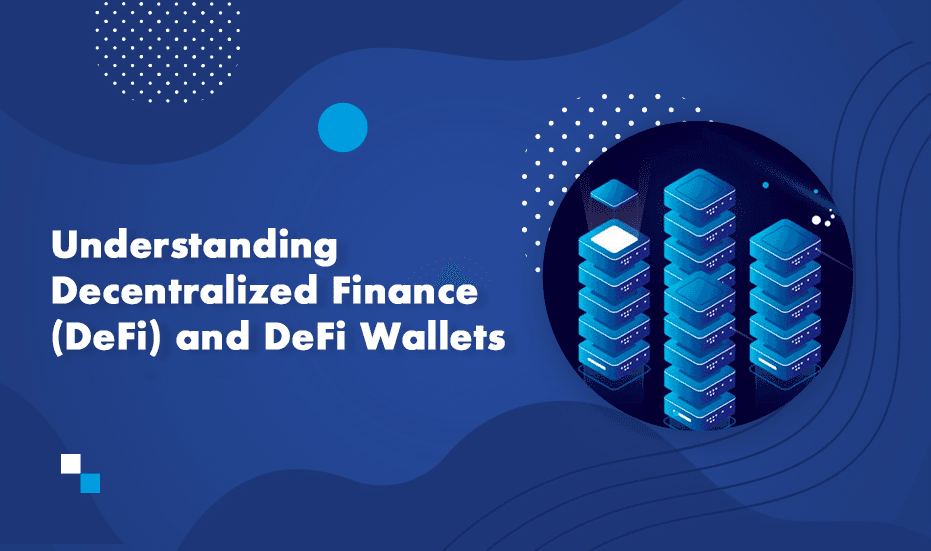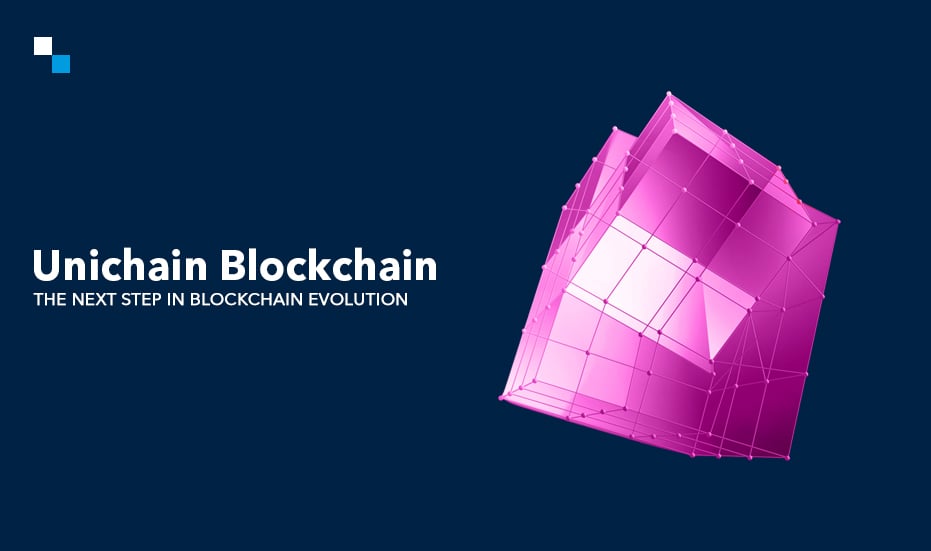
Top Components to be Integrated in a Cryptocurrency Exchange
April 28, 2020
How Do Crypto Exchange Owners Earn Money from a White Label Crypto Exchange
May 6, 2020Decentralized finance, also known as DeFi, has gained much attention from the past one year. It is one of the biggest use-cases of smart contracts and blockchain technology. In this article, we will discover what DeFi means and how it is applicable to crypto wallets.
What is Decentralized Finance (DeFi)?
Decentralized finance is a concept that describes financial services that are built on top of blockchain technology. It includes creating transparent and permissionless financial services on open-source software, mostly on Ethereum blockchain, thus eliminating the involvement of any central authority.
Advantages of Decentralized Finance
DeFi applications do not rely on any central authority or arbitrator, just as in the case of traditional finance; users have complete control over their assets. It eliminates a single point of failure as there is no central place that stores the transactions and it is backed by blockchain technology. The data is recorded on the blockchain network in the form of nodes, which makes it impossible to alter the data.
The framework of DeFi results in cost reduction and facilitates a frictionless financial structure. It also provides a benefit of an interoperable framework that allows new products or services to be highly compatible with each other.
Role of smart contracts in DeFi
Decentralized finance application requires the creation and execution of smart contracts. A smart contract is a computer program that automatically triggers an action when a certain condition is fulfilled. Since smart contracts are computer programs, they are highly reliable and require minimal human supervision.
Cryptocurrency wallets in DeFi
Asset management tools act as a custodian gateway that requires specific financial institution (though not traditional financial institutions) to safeguard users’ funds. On the other hand, DeFi applications are completely decentralized. From wallets to apps to dashboard, all are maintained and regulated by users themselves. The role of decentralized finance in crypto wallets is significantly evolving.
Non-custodial crypto wallets are an example of Web 3.0 wherein not only humans can interact with each other, but computers can also make an interaction. Through non-custodial DeFi wallets, users can safely and completely store their funds without the intermediation of any third-party institution.
Characteristics of DeFi wallets
The core characteristics of DeFi wallets can be categorized as below:
- Non-custodial: DeFi wallets are completely non-custodial, signifying that the funds can be easily sent and received without any third-party involvement. Users have complete ownership of their funds.
- Key-based: Unlike centralized wallets, where the private key is stored with the regulating authority, DeFi wallets work otherwise. Only users hold and access their private keys.
- Accessibility: Non-custodial wallets are available virtually all over the world irrespective of any geographical location.
- Compatibility: DeFi wallets are accessed by web3 wallets. It accesses web 3.0 to send/receive Ethereum, to interact with smart contracts or any Dapps.
Conclusion
Decentralized finance creates a network of a system that is separate from the conventional structure. Antier Solutions is a leading cryptocurrency wallet development company that develops decentralized wallets. Our blockchain engineers have real-world experience in developing feature-rich DeFi wallets. Whether you require a DeFi wallet like Coinbase or MetaMask or any other, we can assist you in developing the same.
Schedule an obligation-free call with our experts to share your business needs.



